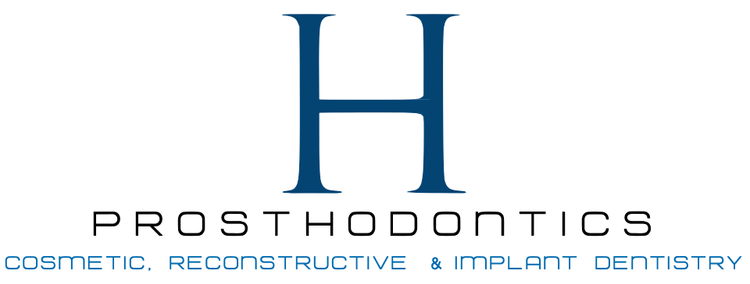Xerostomia & Dry Mouth
Xerostomia is the medical term for the subjective complaint of dry mouth due to a lack of saliva. Sometimes referred to as pasties, cottonmouth, drooth, doughmouth or des (like a desert). Several diseases, treatments, and medications can cause xerostomia and it is also common in smokers.
Dry Mouth Syndrome has become a real problem in dentistry and results in a need for concern and education. Besides the lack of saliva and its enzymes, the threat of caries around crown margins, on exposed root surfaces, and around previous restorations is the real problem.
The decay process involves bacteria as well as having a susceptible root surface. Dental restorations are a costly addition to the management of diseases like diabetes, heart disease, cancer, and Sjögren’s Syndrome among others. Oral care is extremely important
for those patients with decreased salivary flow since saliva provides natural protection against oral diseases.
Normal saliva contains essential electrolytes, glycoproteins, and antimicrobial enzymes. In the heathly mouth, saliva lubricates and protects the oral mucosa by cleansing, regulating acidity, maintaining the integrity of the teeth and destroying bacteria. Without saliva, the probability of caries, periodontal disease, mucositis, and other serious oral problems may
arise. Patients suffering from xerostomia should be encouraged to take an active role in management of their xerostomia with regard to both identifying products and practices that are most useful to them and in being vigilant to minimize the risks to dental health. Patients should be encouraged to conduct a daily mouth examination, checking for red, white or dark patches, ulcers or tooth decay. If anything unusual is found, it should be reported to their physician or dentist. Patients should be encouraged to practice regular preventive dentistry. Plaque removal and treatment of gingival infections or inflammation and dental caries are essential. Patients should also be counseled to brush and floss regularly and to use fluoride daily. The teeth should be cleansed at least twice daily using a soft bristled toothbrush and mildly flavored low-abrasive fluoride toothpaste.
Signs & Symptoms
Dryness in your mouth
Saliva that seems thick and stringy
Sores or split skin at the corners of your mouth
Cracked lips
Bad breath
Difficulty speaking and swallowing
Sore throat
An altered sense of taste
A fungal infection in your mouth
Increased plaque, tooth decay and gum disease
Saliva is the viscous, clear, watery fluid secreted from the parotid, submaxillary, sublingual and smaller mucous glands of the mouth. Saliva contains two major types of protein secretions, a serous secretion containing the digestive enzyme ptyalin and a mucous secretion containing the lubricating aid mucin. The pH of saliva falls between 6 and 7.4 and possesses many important functions including antimicrobial activity, mechanical cleansing action, control of pH, removal of food debris from the oral cavity, lubrication of the oral cavity, remineralization and maintaining the integrity of the oral mucosa.
To do so it contains several types of ions; potassium, bicarbonate, sodium and chloride. These ions partake in the remineralization of teeth and the aids in neutralizing the acids from bacteria. To combat bacteria directly, saliva contains several antimicrobial constituents including; thiocyanate, lysozyme, immunoglobulins, lactoferrin and transferrin.
common causes of dry mouth
Medications
Hundreds of medications, including some over-the-counter drugs, produce dry mouth as a side effect. Among the more likely types to cause problems are some of the drugs used to treat depression and anxiety, antihistamines, decongestants, high blood pressure medications, anti-diarrheals, muscle relaxants, drugs for urinary incontinence, and Parkinson's disease medications.
Cancer Therapy
Chemotherapy drugs can change the nature of saliva and the amount produced. Radiation treatments to your head and neck can damage salivary glands, causing a marked decrease in saliva production. It is important to start a preventive program prior to starting chemotherapy or radiation treatment.
Aging
Getting older isn't a risk factor for dry mouth on its own; however, older adults are more likely to be taking medications that may cause dry mouth. Also, older adults are more likely to have other health conditions that contribute to dry mouth.
Social Habits
Smoking or chewing tobacco can increase dry mouth symptoms






